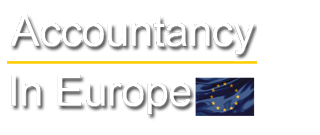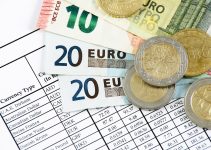The European Commission has launched an “in-depth” investigation of Ikea’s tax affairs, as the clampdown on tax loopholes continues.
A cursory investigation by EU authorities has found that Ikea may have been using a Dutch subsidiary to funnel profits from its global network of stores. The Dutch government is alleged to have cooperated with the company, helping them to avoid as much as €1bn in taxes.
A report commissioned by the European Parliament’s Green Party indicated that Ikea had avoided roughly €1bn in tax over five years, between 2009 and 2014. The company paid €1.07bn on €4.46bn of pre-tax profits last year, including its Dutch operations.
Since 2006, Ikea has operated through a complex network of companies registered in Luxembourg, Liechtenstein and the Netherlands. Its franchise stores had been paying 3% of their earnings to Inter Ikea Systems, a Dutch subsidiary of Inter Ikea Group.
The loophole apparently used by Ikea involves the transferral of fees to jurisdictions in which intellectual property is trademarked. The company had previously used a similar process to transfer large licensing fees to Luxembourg, which had particularly favourable tax laws.
The Dutch deal is said to have involved loaning money to an Ikea offshoot in Liechtenstein. Dutch authorities have said that they support the Commission’s work, while Ikea has pointed out that its dealings did not breach EU laws.
The case may prove to be challenging for Jean-Claude Juncker, however. The EU President served as both Prime Minister and Finance Minister of Luxembourg during the period in which the allegations took place.
Ikea’s finances have been a point of curiosity for some years. In 2006 it became known that Ikea’s Dutch holding company was technically one of the world’s largest charities, with the founding purpose of “innovation in the field of architectural and interior design.”
The investigation into Ikea is the latest in a spate of crackdowns by the European Commission. Its Competition Commissioner, Margrethe Vestager, has made a mission of pursuing state aid cases since her appointment in 2014.
Vestager has launched antitrust proceedings against energy giant Gazprom for blocking trade to eight territories, as well as against Google, who eventually agreed to pay a $2.7 billion fine.
Amazon have been forced to pay $250 million in back taxes. Cyprus Airways and Apple meanwhile have both been indicted in state aid cases, with the latter forced to pay back €13bn to Ireland.
We’ll endeavour to keep you up-to-date on the latest tax rulings and cases around Europe. For more information on accountancy in Europe, VAT in Europe or any other financial requirements, don’t hesitate to contact us.



